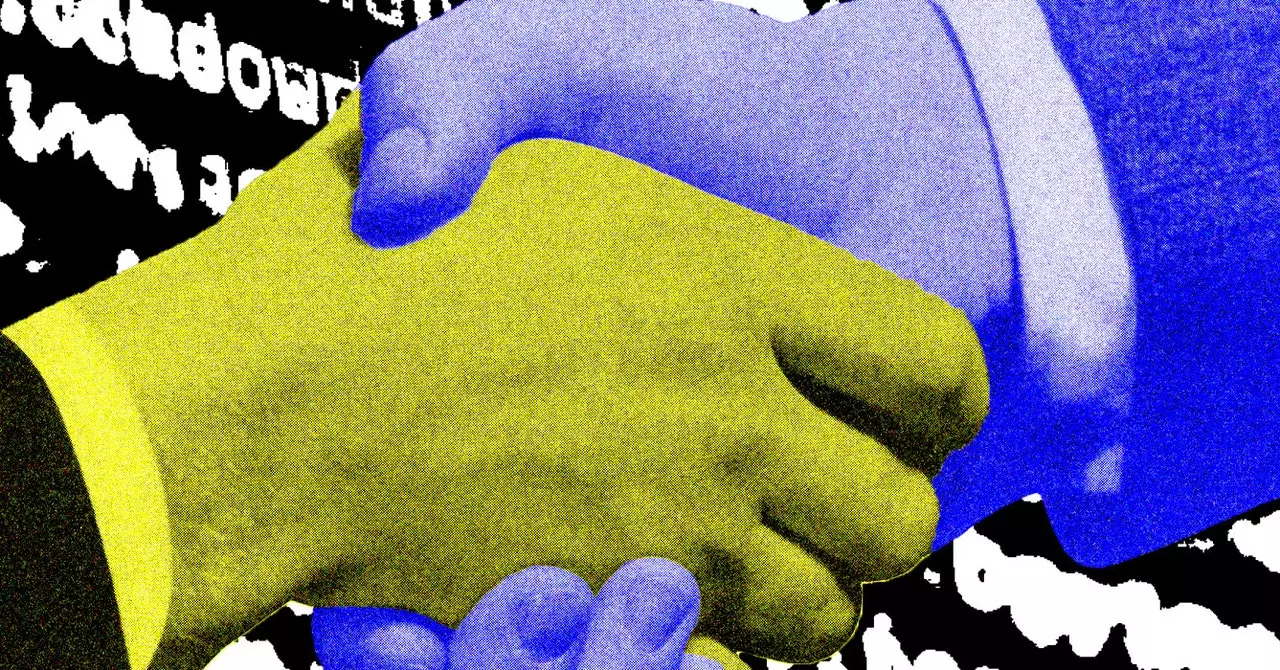As the AI industry continues to evolve, there has been a noticeable shift in the way training data is acquired. Initially, AI tools were trained on publicly available data, sourced from the vast expanse of the internet. However, with data privacy concerns on the rise, sources of training data are now becoming more guarded and are increasingly pushing for licensing agreements. This change has led to the emergence of new licensing startups that aim to ensure a continuous flow of source material for AI development.
One significant development in the realm of AI licensing is the formation of the Dataset Providers Alliance (DPA), a trade group consisting of seven AI licensing companies. These companies, including Rightsify, Pixta, and Calliope Networks, are advocating for a standardized and fair approach to data usage in the AI industry. The DPA’s core principle revolves around the concept of an opt-in system, where data can only be utilized after explicit consent is given by creators and rights holders.
The DPA’s advocacy for an opt-in system marks a departure from the practices of many major AI companies that employ opt-out mechanisms. Opt-out systems place the burden on data owners to request the removal of their work on a case-by-case basis, which some argue is fundamentally unfair to creators. The DPA believes that an opt-in system is not only more ethical but also offers a pragmatic approach to data usage, emphasizing the importance of artist and creator consent.
Challenges and Considerations
However, the adoption of an opt-in standard may face challenges, particularly due to the immense volume of data required by modern AI models. Some industry experts, like Shayne Longpre from the Data Provenance Initiative, raise concerns about the potential for data scarcity and increased costs associated with strict licensing requirements. This could potentially limit access to data to only a few major players, such as large tech companies, capable of affording extensive licensing agreements.
Towards a Free Market Approach
In its position paper, the DPA opposes government-mandated licensing, advocating instead for a free market approach where data originators and AI companies can negotiate directly. The alliance also proposes various compensation structures to ensure that creators and rights holders are adequately compensated for their data. These structures include subscription-based models, usage-based licensing, and outcome-based licensing, tailored to different types of content such as music, images, film, TV, or books.
As the AI industry navigates the complexities of data licensing and ethical usage, initiatives like the Dataset Providers Alliance play a crucial role in shaping the industry’s future. By promoting transparency, consent-driven data practices, and fair compensation for creators, the DPA aims to foster a more ethical and sustainable ecosystem for AI development. While challenges persist, finding a balance between data accessibility and creator rights remains a key focus as the industry continues to evolve.


Leave a Reply